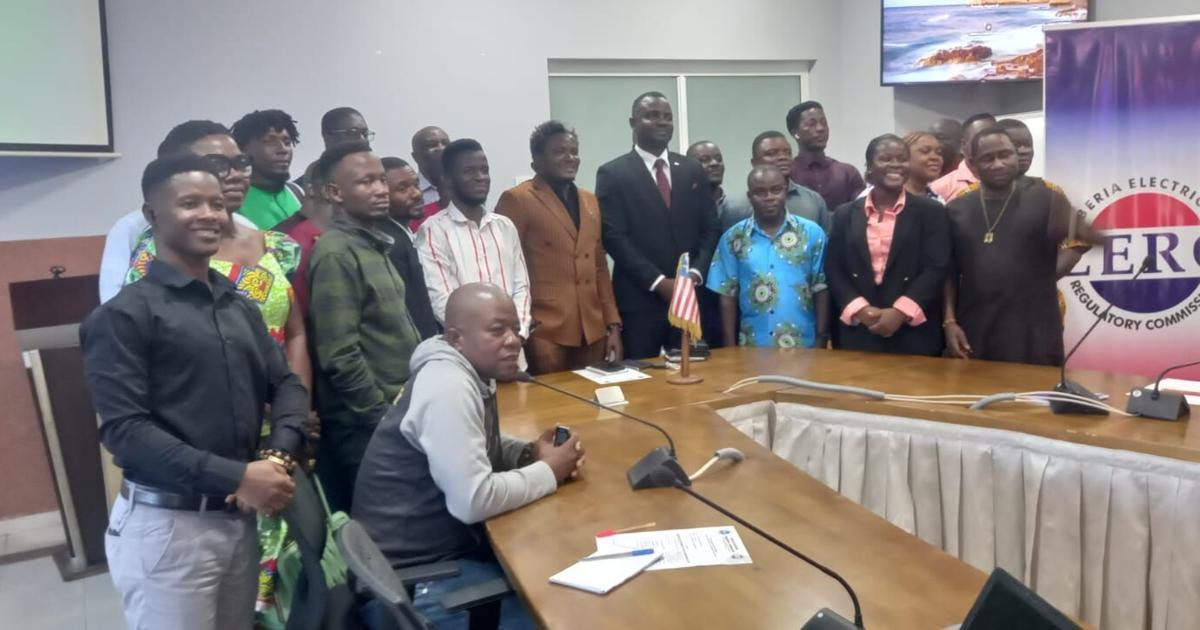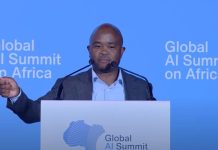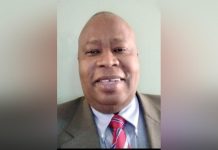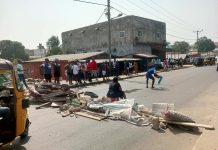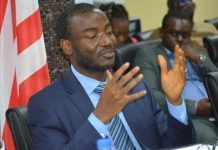Africa-Press – Liberia. The Liberia Electricity Regulatory Commission (LERC) held a one-day media engagement and workshop on Tuesday, August 13, 2024, aimed at empowering journalists with a complete understanding of the country’s electricity sector regulatory framework.
The workshop, which took place at a local resort in Monrovia, brought together over 30 journalists from various media outlets, including print, broadcast, and online platforms.
This initiative was designed to enhance the capacity of media professionals to report accurately and effectively on the electricity sector, thereby promoting transparency, accountability, and public awareness.
In his opening remarks, Dr. Lawrence D. Sekajipo, the Chairman of the LERC Board, underscored the crucial role of the media in shaping public perception and understanding of the electricity sector.
He emphasized that the media has a critical responsibility to inform the public about the regulatory framework that governs the sector, as well as the differences between the LERC and other entities, such as the Liberia Electricity Corporation (LEC).
“Despite the growing influence of social media, traditional media remains a powerful tool for amplifying our efforts and promoting the services provided by the LERC,” Dr. Sekajipo stated. “This workshop is crucial because we have an untold or insufficiently told story that needs to be communicated to our stakeholders and consumers.”
Dr. Sekajipo noted that while the LERC has made substantial progress in creating and enforcing regulations aimed at attracting private sector investment and improving access to reliable and affordable electricity, public awareness of these efforts remains limited.
“We have developed and implemented regulations and codes that are critical to the acceleration of access to stable electricity services. Yet, many people are unaware of who we are, what we do, and the difference between the LERC and the LEC. Our goal is to establish and implement modernized regulatory systems, policies, and procedures that ensure efficiency and effectiveness in the electricity sector,” he added.
Throughout the workshop, heads of various departments within the LERC provided detailed presentations on the commission’s operations. These briefings were intended to give journalists a deeper understanding of the LERC’s mandate, including its regulatory responsibilities, licensing processes, and role in consumer protection.
Cllr. Minnie Paegar-Kallon, Head of Legal, Licensing, and Public Affairs at LERC, highlighted the challenges the commission faces in distinguishing itself from the LEC in the public’s mind. She stressed the importance of the media’s role in correcting this misunderstanding and educating the public about the LERC’s specific functions.
“Many people still confuse the LERC with the LEC, which is one of the main reasons we organized this engagement,” Cllr. Paegar-Kallon explained. “We need the media to be well-informed so they can accurately convey to the public what we do. As a relatively new regulatory body, we have made significant strides, particularly in issuing licenses and regulating the sector, but the public’s understanding of our role is still not where it should be.”
Cllr. Paegar-Kallon also addressed the issue of complaints management, noting that many consumers are unaware that the LERC is the appropriate body to handle grievances related to electricity services. “There’s a significant gap in public knowledge regarding where to direct their complaints. We hope that after today’s engagement, journalists will help clarify this and guide the public appropriately,” she said.
A key component of the workshop was a session on investigative journalism, with a specific focus on the electricity sector. Journalists were provided with practical tips on how to access and analyze data, conduct interviews with key stakeholders, and verify information.
The session also covered the importance of objective and unbiased reporting in raising awareness and promoting accountability within the sector.
“Investigative journalism is vital in ensuring that the public receives accurate and in-depth information about the electricity sector. We want to encourage you to dig deeper, ask the tough questions, and hold us, as well as other stakeholders, accountable,” Dr. Sekajipo urged the participants.
In his closing remarks, LERC Commissioner Atty. Kla-Edward Toomey, II, expressed his appreciation to the participants and encouraged them to use the knowledge gained from the workshop to enhance their reporting.
He reiterated the importance of the media’s role in promoting transparency and accountability in the electricity sector.
“The information you’ve received today is not just for your benefit; it’s for the benefit of the public. We count on you to help us inform the people about what we do and to ensure that the electricity sector in Liberia is held to the highest standards,” Atty. Toomey said.
Participants in the workshop expressed their gratitude for the opportunity to deepen their understanding of Liberia’s electricity sector.
Many journalists, including our reporter, noted that the training would significantly improve their ability to report on the sector, particularly in distinguishing the roles of different regulatory bodies and in holding them accountable.
“Today’s workshop has been very enlightening. I now have a much clearer understanding of what the LERC does, and I’m eager to use this knowledge to inform the public and contribute to more accurate and responsible reporting on the electricity sector,” said one participant.
The LERC, established under Liberia’s Electricity Law of 2015, functions as an autonomous regulator of the electricity industry. Its mandate includes issuing licenses, approving tariffs, ensuring the liberalization of the sector, improving service delivery, protecting consumers, and fostering a vibrant electricity market in Liberia.
The commission’s media engagement workshop represents a strategic effort to bridge the information gap and ensure that the public is well-informed about the electricity sector and the regulatory framework that governs it.
For More News And Analysis About Liberia Follow Africa-Press

